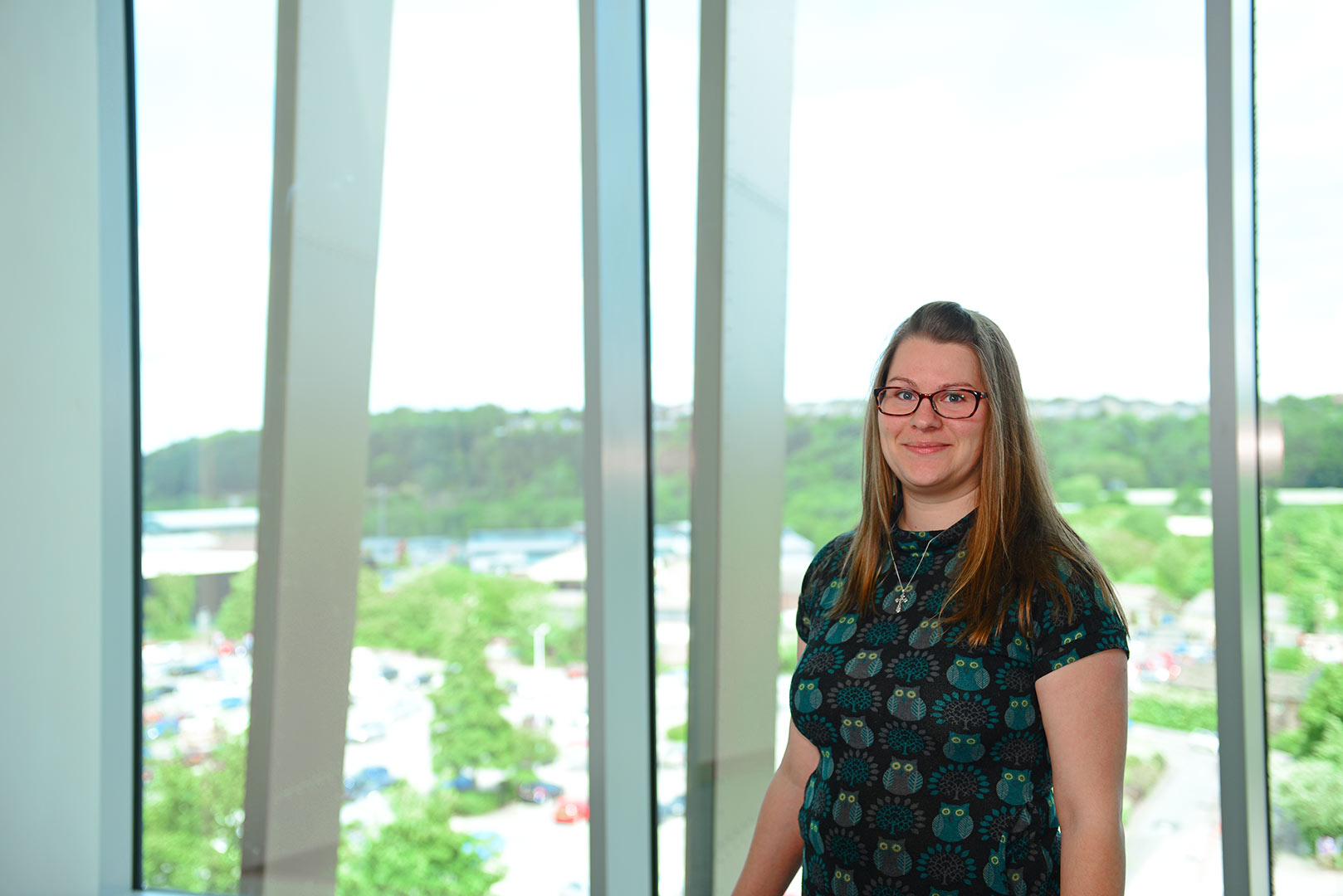
Trust and Corruption in the Czech Republic
The Business School’s Strategy and International Business Research Group heard Hana Benesova from the University of Huddersfield Business School present her research on “Trust and Corruption: The Case of The Czech Republic”.
Hana’s research interests concern understanding the dynamics of societal changes in volatile and transition economies. Her research examines the role of trust and corruption in societies and the interplay of these two phenomena. She is also conducting research aimed at better understanding of corruption, which includes conceptualisation of corruption, review of the available corruption measures and examination of the various effects of these measures on the levels of corruption around the world. On this occasion, she has spoken on these issues in the context of the modern-day Czech Republic.
As Hana says “The research focus is on the issue of corruption and trust in the context of the Czech Republic. It also examines whether the generally valid model of the relationship between these two phenomena fits the Czech experience. I use the social capital lens to study this issue and on this basis build a discussion around two types of trust: particularised (PST) and generalised (GST) social trust. The information about the Czech Republic used in this research has been obtained from data published by Transparency International, the European Bank for Reconstruction and Development, the World Values Survey and the Systemic Peace Centre’s Polity IV project. The data suggest that the Czech experience is similar to that of other countries in some respects. However, PST and GST have a differential impact on corruption levels. Different types of corruption also have positive effect on PST and a negative effect on GST.”
Professor John Anchor, Director of the Strategy and International Business Research Group, says “Hana’s research addresses some important issues in any society. However her thesis has particular relevance in the context of the post (Communist) transition society and economy of the Czech Republic. Her contribution to knowledge may therefore have wider applicability in Central and Eastern Europe, as well as in other transition economies”.